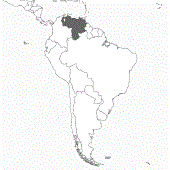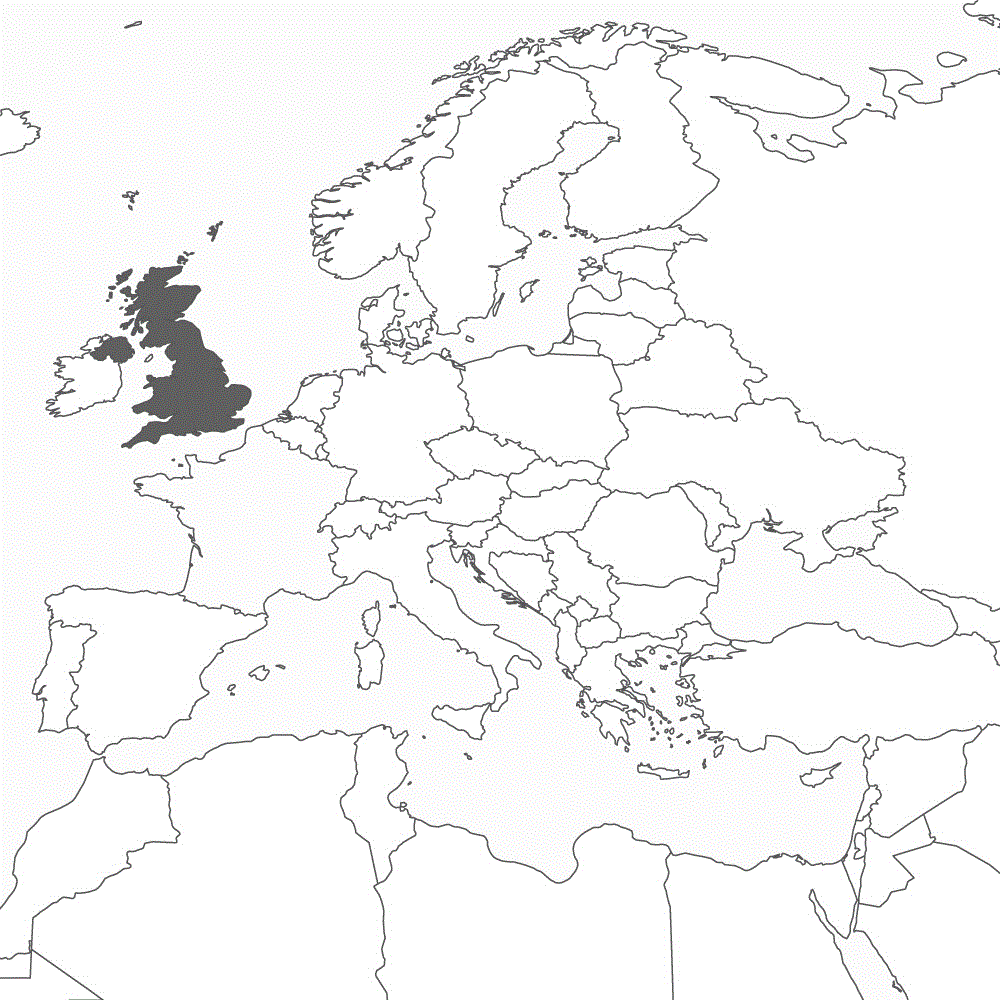"A Wake-Up Call for Europe"
German government advisors call for a "consolidated stance by the EU" in relationship to China the "winner in the crisis."
BERLIN/BEIJING (Own report) - German government advisors see China as the "winner in the Corona crisis" and call for a "strong and consolidated stance by the EU" in relationship to the People's Republic. With "effective crisis management," Beijing has enhanced its global economic and political influence, according to a recent analysis published by the German Institute for International and Security Affairs (SWP). Having long been accustomed to dominating international politics, the West must now expect China to play a more "assertive" role, the SWP writes. The People's Republic has, in fact, been successful in fighting the Covid-19 pandemic at home, thus laying the groundwork for the economic recovery that is now enhancing its clout vis à vis the EU and the USA. With its Covid-19 vaccine supply, it can now also strengthen its position in various Asian, African and Latin American countries, whose plight has widely been ignored by the like-wise pandemic-stricken Western powers. The new free-trade RCEP agreement is also perspectively helping to shift the center of gravity of the global economy toward Asia. Read more
The West First
Human rights organizations criticize western obstruction of Covid-19 vaccine supply to poorer countries.
BERLIN (Own report) - Germany and the EU should stop obstructing measures for supplying poorer countries with Covid-19 medicine and vaccines, human rights organizations are demanding prior to the General Council Meeting of the World Trade Organization (WTO), which begins today. Wealthy western states have obstructed India's and South Africa's proposal of suspending intellectual property rights on Covid-19 vaccines for the duration of the pandemic. Should the WTO adopt this proposal, poorer countries could independently produce the desperately needed but scarce vaccine. Already in advance, the transatlantic West, Germany included, had reserved 85 percent of the production - much more than it needs for its own populations. The developing countries have been left nearly empty handed. Unlike in the past, they do, however, receive vaccines from Russia and China. In view of the political consequences, at least some of the surplus doses of vaccine should be provided and this should be "well communicated," it was suggested in Berlin. Read more
Absurdities With Respect to International Law
Berlin declares elections in Venezuela to be "neither free nor fair," continues to recognize a failed putschist as the country's "president".
BERLIN/CARACAS (Own report) - In the aftermath of the elections in Venezuela, the German government persists in recognizing the self-proclaimed president and failed putschist, Juan Guaidó, as the country's head of state. "Our support" for "interim president" Guaidó will continue, Miguel Berger, Minister of State in the German Ministry of Foreign Affairs announced. Guaidó, who declared himself "president" on January 23, 2019 - and whose calls for a coup d'état in the months that followed went unheeded despite the massive support of western powers - is, in the meantime, seen as increasingly marginalized among Venezuela's right-wing opposition. In view of the failure of the coup attempts, the former Spanish Prime Minister, José Luis Rodríguez Zapatero, called on the EU to change course in its relations to Venezuela. Continuing to recognize neither the elected President Nicolás Maduro nor the elected parliament but instead the non-elected Guaidó, "can lead to the greatest absurdity that the history of international law has known," Zapatero warns. Read more
The Global Judges (II)
EU adopts new sanctions regime - allegedly to punish human rights violators. In reality as an instrument in the global power struggle.
BRUSSELS/BERLIN (Own report) - With its new sanctions regime, the EU is posing as a global judge and avenger of factual or alleged human rights violations. A relevant sanctions law, largely modeled after the US American "Global Magnitsky Act" was passed yesterday by the foreign ministers of the EU. It entitles the Union to freeze the assets and block the visas of citizens of foreign countries, accused of serious human rights violations. Politically, this is only aimed at representatives of non-allied states. Those in the West, who are responsible for torture or state sanctioned murder, need not fear any consequences. Most recently, Kosovo, whose elites have been accused for years, of the most severe human rights violations, has passed a "Magnitsky Act" sanctioning factual or alleged culprits abroad. Already last year, an EU diplomat was quoted saying that the aim is to show that "we have muscles." It is designed to serve as an instrument in the global power struggle. Read more
The Future of Warfare
German experts push for closer armament cooperation with Great Britain - including high-tech warfare.
BERLIN/LONDON (Own report) - Germany should intensify its armaments and military cooperation with Great Britain, with a particular focus on the warfare of the future with robots and Artificial Intelligence (AI), urge experts of the German Council on Foreign Relations (DGAP) within the framework of a program financed by the CSU-affiliated Hanns Seidel Foundation and implemented at London's prestigious King's College. These efforts are aimed at militarily tying the United Kingdom as close as possible to the EU, in spite of Brexit, to be able to use the clout of British armed forces for future EU operations. Whereas, military cooperation has long since been agreed upon - but had not really gotten off the ground, in practice - DGAP experts are now urging the enhancement of armament cooperation, for example, the joint development of missiles, as well as German participation in British programs, which explore the comprehensive use of state-of-the-art technologies from combat machines to Artificial Intelligence. Read more
NATO's Next Decade
NATO report makes recommendations to reduce internal conflicts and strengthen the alliance against Russia and China.
BERLIN/BRUSSELS (Own report) - NATO must strengthen its cohesion and take new steps to position itself against Russia and China, according to the report "NATO 2030" officially presented by the military alliance at its meeting of foreign ministers that ended yesterday. Vetoing inconvenient decisions by the Alliance will be made more difficult. Cooperation with countries at Russia's borders and in China's vicinity should be intensified. The report was commissioned last December to settle openly escalating dissension within the Alliance, which French President Emmanuel Macron previously denounced in blunt terms ("brain death of NATO"). The report was drawn up under the aegis of former German Defense Minister Thomas de Maizière and US diplomat Wess Mitchell. German Foreign Minister Heiko Maas has highly praised the report, intended to provide the basis for a "Strategic Concept," whereas experts dismissed it as a "security policy hawker's assortment." Read more
GERMAN-FOREIGN-POLICY.com
Information on German Foreign Policy: News + Interviews + Analyses + Background


